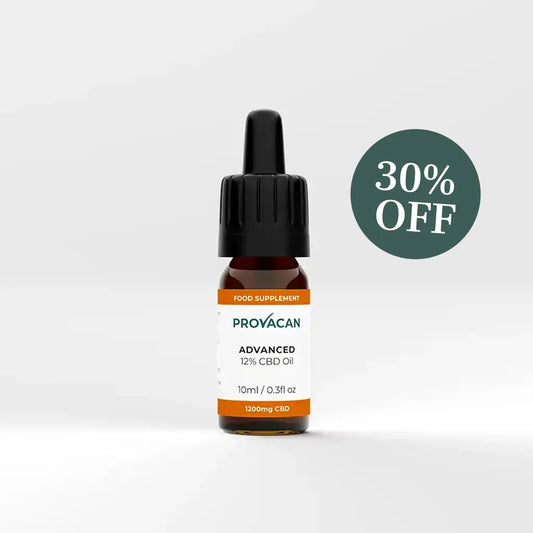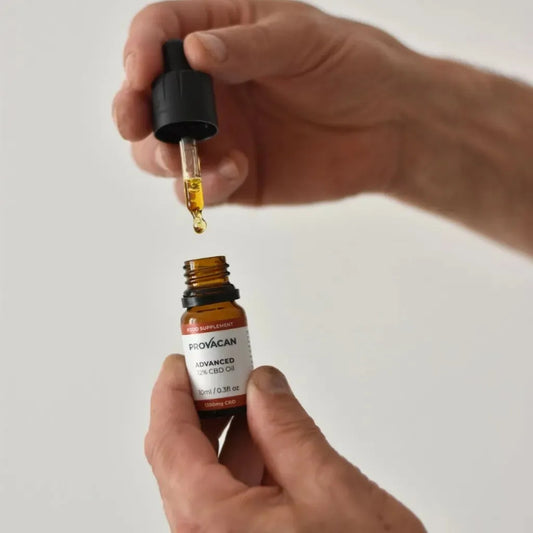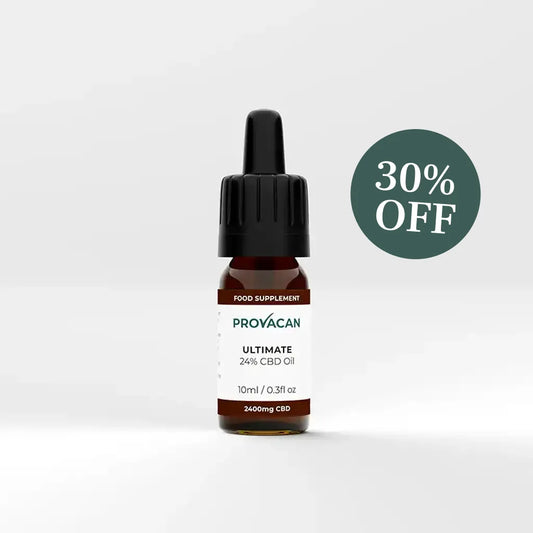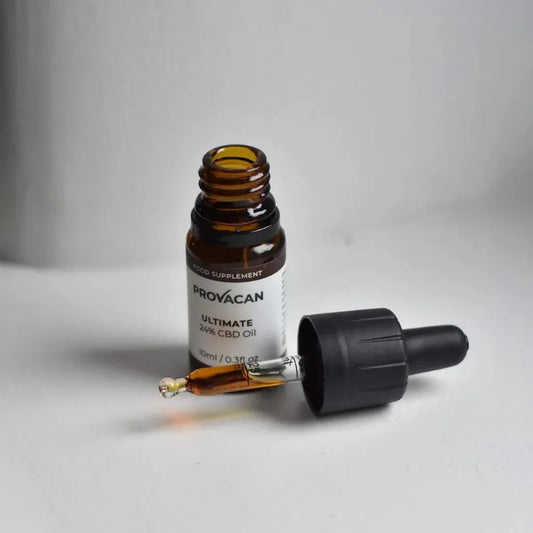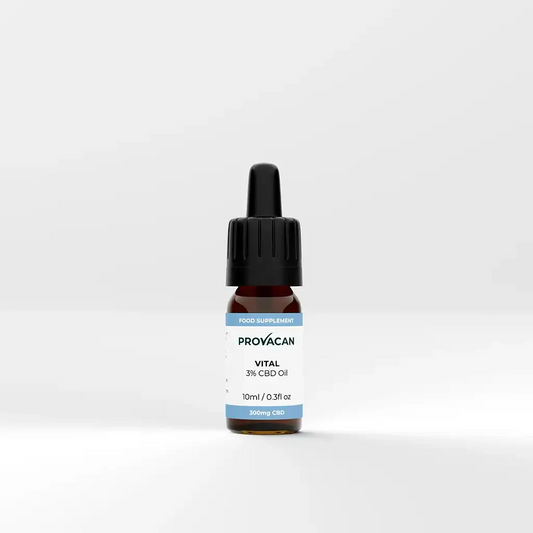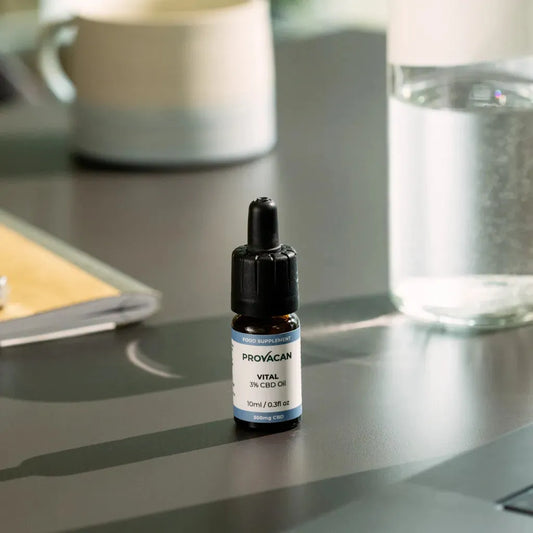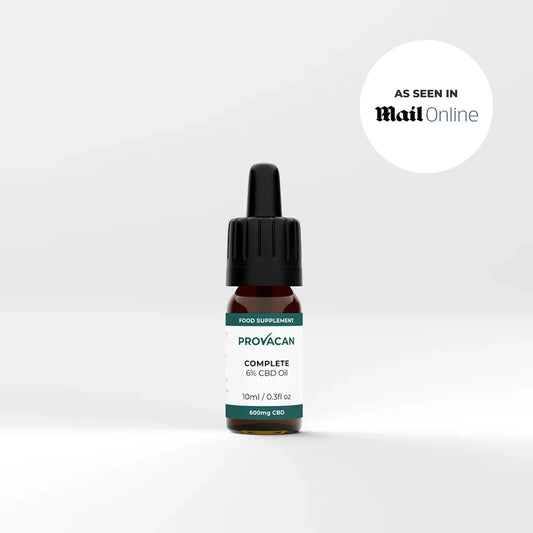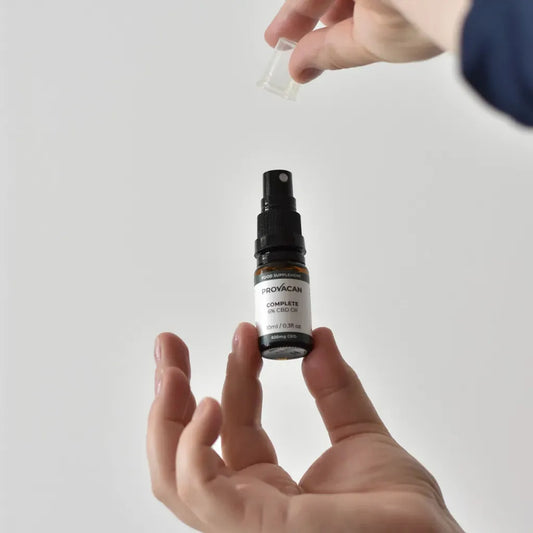Hemp oil has become increasingly popular in recent years due to its perceived health benefits. However, there is still some confusion surrounding what exactly hemp oil is and how it differs from other similar products like CBD oil. In this comprehensive guide, we will delve into the world of hemp oil, exploring its uses, benefits, and potential drawbacks. Whether you are a seasoned hemp oil user or simply curious about this natural supplement, this article will provide you with the information you need to make informed decisions.
Understanding Hemp Oil
Hemp oil, also known as hempseed oil, is derived from the seeds of the hemp plant, Cannabis sativa. Despite its name, hemp oil does not contain any psychoactive compounds like tetrahydrocannabinol (THC), which are found in marijuana. Instead, it is rich in beneficial nutrients such as omega-3 and omega-6 fatty acids, vitamins, minerals, and antioxidants.
Hemp oil is typically produced through a process called cold pressing, which involves crushing the seeds and extracting the oil without the use of heat or chemicals. This method helps to preserve the oil's nutritional value and ensure its purity.
One of the key benefits of hemp oil is its high content of essential fatty acids, particularly omega-3 and omega-6. These fatty acids play a crucial role in maintaining overall health and well-being. Omega-3 fatty acids, in particular, have been shown to have anti-inflammatory properties and may help reduce the risk of chronic diseases such as heart disease, arthritis, and certain types of cancer.
In addition to its fatty acid profile, hemp oil is also a rich source of vitamins and minerals. It contains vitamin E, which is known for its antioxidant properties and its ability to protect the body against free radicals. Vitamin E is also important for maintaining healthy skin and hair.
Furthermore, hemp oil is packed with minerals such as magnesium, potassium, and calcium, which are essential for various bodily functions. Magnesium, for example, is involved in over 300 enzymatic reactions in the body and is crucial for nerve function, muscle relaxation, and maintaining a healthy immune system.
When it comes to antioxidants, hemp oil is a powerhouse. Antioxidants help protect the body against oxidative stress, which is caused by an imbalance between free radicals and antioxidants. This imbalance can lead to chronic inflammation and damage to cells and tissues. By consuming hemp oil, you can boost your antioxidant intake and support your body's natural defense system.
Overall, hemp oil is a versatile and nutritious oil that can be incorporated into a variety of dishes. Its mild, nutty flavor makes it a great addition to salad dressings, smoothies, and even baked goods. Whether you are looking to enhance your diet with essential fatty acids, vitamins, minerals, or antioxidants, hemp oil is a fantastic choice to support your overall health and well-being.
What is Hemp Oil Made From?
Hemp oil is made from the seeds of the hemp plant, which are small, brownish-gray seeds that resemble tiny nuts. These seeds have a high concentration of oil, making them ideal for extracting hemp oil. Once the seeds are harvested, they undergo a thorough cleaning process to remove any debris or impurities.
After cleaning, the seeds are pressed to extract the oil. This can be done using various methods, including mechanical pressing, expeller pressing, or solvent extraction. Regardless of the method used, the goal is to separate the oil from the seeds, resulting in a pure and nutrient-rich hemp oil.
Hemp Oil vs. CBD Oil
What is the difference between hemp seed oil and CBD oil? One of the primary sources of confusion when it comes to hemp oil is its relationship with CBD oil. While both oils are derived from the hemp plant, they are made from different parts and have distinct properties.
Hemp oil is extracted from the seeds of the hemp plant and contains a range of beneficial nutrients. However, it does not contain significant levels of CBD or other cannabinoids.
On the other hand, CBD oil is extracted from the flowers, leaves, and stalks of the hemp plant. It contains high levels of CBD, a non-psychoactive compound that is believed to have various health benefits.
So, while hemp oil is rich in nutrients, CBD oil offers the additional potential benefits of CBD. It's important to note that CBD oils can vary in their CBD content and may also contain other cannabinoids, such as THC. When choosing between hemp vs cannabidiol oil, it's crucial to consider your specific needs and consult with a healthcare professional.
Types of Hemp Oil
There are several different types of hemp oil available on the market, each with its own unique properties and uses.
- Unrefined Hemp Oil: Also known as virgin or raw hemp oil, this type is extracted from the seeds using the cold-press method, without any additional processing. It retains its natural green color and strong, nutty flavor. Unrefined hemp oil is often used in culinary applications and skincare products.
- Refined Hemp Oil: Refined hemp oil undergoes further processing to remove impurities and create a milder flavor. While it loses some of its nutritional value during refining, it is ideal for those who prefer a more neutral taste. Refined hemp oil is commonly used in beauty products and as a carrier oil for CBD products.
- Full-Spectrum Hemp Oil: Full-spectrum hemp oil contains a wide range of cannabinoids and other beneficial compounds found in the hemp plant. It offers a synergistic effect known as the entourage effect, where the compounds work together to enhance their individual benefits. Full-spectrum hemp oil is popular among CBD users seeking the maximum potential benefits.
Hemp Oil Benefits
The abundance of nutrients found in hemp oil contributes to its potential health benefits. Here are some of the key advantages associated with its use:
- Supports Skin Health: The omega-3 and omega-6 fatty acids in hemp oil can help moisturize and nourish the skin, promoting a healthy complexion.
- May Reduce Inflammation: Hemp oil contains gamma-linolenic acid (GLA), which has anti-inflammatory properties that may help alleviate symptoms of inflammatory conditions.
- Supports Heart Health: The omega-3 fatty acids in hemp oil have been shown to support cardiovascular health by reducing the risk of heart disease and improving cholesterol levels.
- Boosts Brain Function: The omega-3 fatty acids and antioxidants in hemp oil may support brain health, improving cognitive function and reducing the risk of age-related cognitive decline.
While these benefits are promising, it's important to remember that further research is needed to fully understand the potential of hemp oil for various health conditions.
Incorporating Hemp Oil into Your Daily Routine
If you're interested in incorporating hemp oil into your daily routine, there are numerous ways to do so. Here are a few ideas:
- Culinary Uses: Hemp oil can be used as a flavorful addition to salad dressings, smoothies, or drizzled over cooked vegetables or grains.
- Skincare: Hemp oil can be used topically as a moisturizer, massage oil, or ingredient in homemade skincare products.
- Supplements and Capsules: Hemp oil is available in capsule form, making it convenient to incorporate into your supplement routine.
When using hemp oil, it's important to start with a small dosage and gradually increase it as needed. It's also advisable to consult with a healthcare professional before adding any new supplements to your routine.
Common Myths About Hemp Oil
As with any popular product, hemp oil has its fair share of misconceptions. Here are some common myths debunked:
- Hemp oil will get you high: Hemp oil does not contain THC, the psychoactive compound found in marijuana. Therefore, it will not produce any intoxicating effects.
- Hemp oil and CBD oil are the same: While they are derived from the same plant, hemp oil and CBD oil are made from different parts and have distinct properties.
- Hemp oil lacks health benefits: Hemp oil is rich in nutrients and offers several potential health benefits, including supporting skin health, reducing inflammation, and boosting brain function.
Navigating Hemp Oil Regulations
As with any supplement or natural product, it's crucial to be aware of the regulations surrounding hemp oil. While hemp oil is legal in many countries, including the Unite Kingdom and United States, it's important to ensure that the product you purchase complies with local regulations.
Look for reputable brands that provide third-party lab testing to verify the purity and potency of their products. Additionally, familiarize yourself with the dosage guidelines and potential side effects of hemp oil.
Buy CBD Oil
If you're considering purchasing CBD oil, it's essential to source it from a reputable supplier. Look for brands that prioritise quality, transparency, and sustainable practices. Read customer reviews and check for certifications such as USDA organic or Good Manufacturing Practices (GMP) to ensure you are getting a high-quality product.
By making informed choices, you can enjoy the potential benefits of hemp oil and incorporate it into your wellness routine with confidence.
Closing Thoughts
In conclusion, hemp oil is a versatile and nutrient-rich supplement with a range of potential health benefits. Whether you are interested in supporting your skin health, reducing inflammation, or boosting brain function, hemp oil may be worth considering. However, it's important to remember that the potential benefits of hemp oil are still being studied, and more research is needed to fully understand its efficacy. Before starting any new supplement, consult with a healthcare professional to ensure that it is appropriate for you. With the right information and precautions, you can explore the world of hemp oil and make educated decisions for your well-being.


